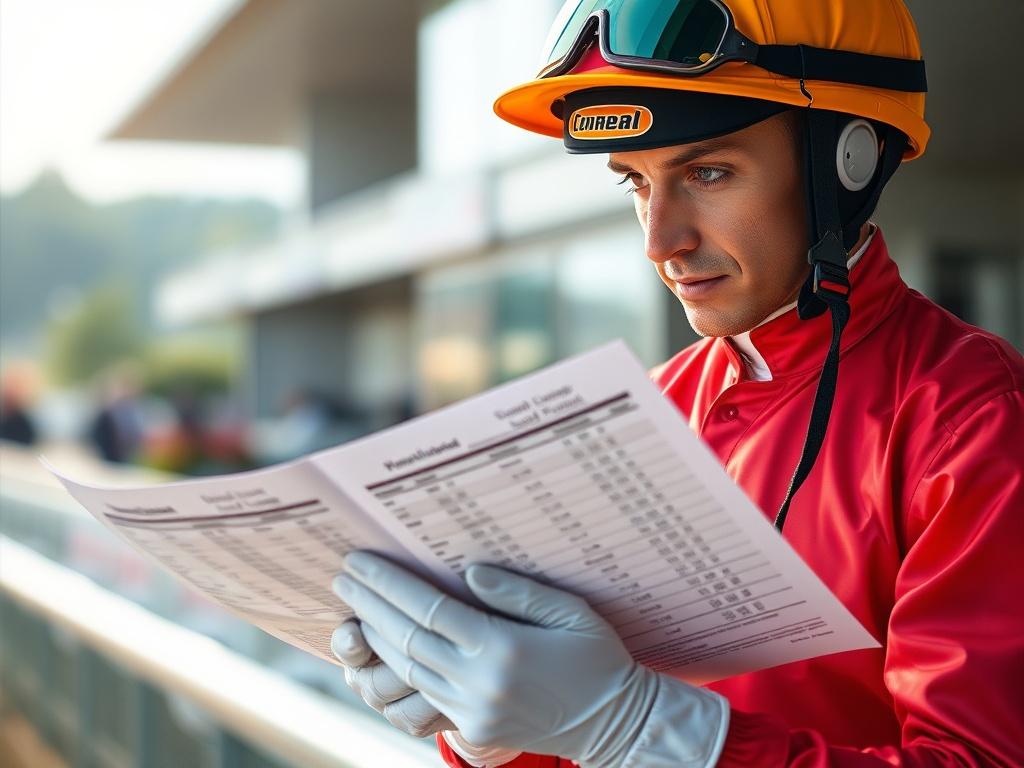
The UK Treasury is proposing to streamline the current gambling tax system by introducing a single uniform rate of Remote Betting & Gaming Duty across all products.
At present:
Under the new plan, horse racing would likely move up to the higher 21% rate, a change that many in the industry fear will hit revenues hard.
The proposed horse racing betting tax has been met with strong resistance. Key concerns include:
In a show of unity, the industry staged the first ever UK horse racing strike on 10 September 2025. All fixtures at Lingfield, Carlisle, Uttoxeter, and Kempton were cancelled.
Trainers, jockeys, and owners instead travelled to Westminster to take part in the “Axe the Racing Tax” campaign, sending a powerful message to the government.
The protest highlighted that horse racing is not just gambling, but part of Britain’s cultural and sporting heritage.
Officials insist the move is not designed to raise taxes but to simplify the system and reflect modern online betting behaviour.
The government has opened a consultation on the proposed Remote Betting & Gaming Duty (RBGD), saying it will reduce administrative burdens and make the rules clearer for operators.
If the proposed horse racing tax increase goes ahead, the industry warns of:
With more than 85,000 jobs linked to horse racing, and billions contributed to the UK economy every year, the decision will have major consequences.
For now, UK horse racing betting remains tax-free for punters, but the industry faces a new financial challenge if the government pushes ahead with the tax increase.
The next few months of consultation will be crucial in deciding whether this proposed racing tax reform becomes law, or whether the industry’s protest leads to a rethink.
The next big priced winnner is only ever just round the corner.
Thank you for signing up!
Oops! Something went wrong. Please try again later.